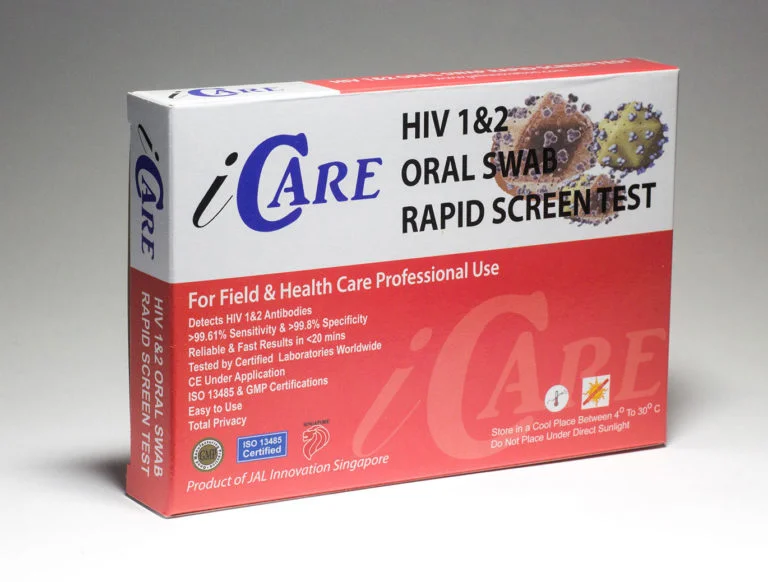Table of Contents
Introduction
In the fight against HIV/AIDS, accessible and accurate testing methods play a crucial role. In Central Africa, where the prevalence of HIV is significant, ensuring widespread access to testing is imperative for early detection and treatment. One promising solution is the HIV oral swab test, a non-invasive and convenient method that is making strides in the region’s healthcare landscape.
Understanding Central African Context
Central Africa comprises diverse countries, each facing unique socio-economic and healthcare challenges. Despite efforts to combat HIV, the region continues to bear a substantial burden of the epidemic. Limited access to healthcare facilities, stigma, and misinformation contribute to the challenges of HIV testing and diagnosis in Central Africa.
Features of HIV Oral Swab Test
The HIV oral swab test offers a simple yet effective alternative to traditional blood tests. Utilizing oral fluid instead of blood, this WHO PQ LISTED HIV 1&2 Rapid Test is non-invasive and can be performed with ease. Its accuracy rivals that of blood tests, making it a reliable option for HIV detection. The test works by detecting antibodies produced by the body in response to HIV infection.
Availability and Accessibility
Ensuring the availability and accessibility of HIV oral swab test kits is paramount in Central Africa. Efforts are underway to make these WHO PQ LISTED HIV 1&2 Rapid Test kits readily available in clinics, community centers, and pharmacies across the region. Additionally, initiatives are being implemented to provide free or subsidized testing to underserved populations.
Affordability and Reliability
One of the key advantages of HIV oral swab tests is their affordability. Manufacturers, suppliers, and distributors play a crucial role in ensuring the reliability and quality of these tests. By adhering to stringent quality control measures, WHO PQ LISTED HIV 1&2 Rapid Tests contribute to the effectiveness of HIV testing programs in Central Africa.

Impact on HIV Detection
The introduction of oral swab tests has had a significant impact on HIV detection rates in Central Africa. By offering a less intimidating and more accessible testing option, oral swab tests encourage more people to get tested. This, in turn, leads to early detection, linkage to care, and better health outcomes for those living with HIV.
Advantages Over Traditional Methods
Compared to traditional blood tests, HIV oral swab tests offer several advantages. These WHO PQ LISTED HIV 1&2 Rapid Tests are non-invasive, painless, and can be self-administered, making them ideal for populations hesitant to undergo blood-based testing. Additionally, the convenience of oral swab tests reduces barriers to testing and promotes regular screening.
Conclusion
In conclusion, the HIV oral swab test holds immense promise for Central Africa’s HIV/AIDS response. By offering a convenient, reliable, and affordable testing option, it empowers individuals to take control of their health and seek timely treatment if needed. As efforts continue to expand access to HIV testing across the region, the WHO PQ LISTED HIV 1&2 Rapid Test will play a vital role in achieving the goal of an AIDS-free generation in Central Africa.
FAQs : HIV Oral Swab Test
What is the difference between oral swab and blood tests for HIV?
- Oral swab tests use oral fluid instead of blood for HIV detection, offering a non-invasive alternative to traditional blood tests.
How accurate are HIV oral swab tests?
- HIV oral swab tests have shown comparable accuracy to blood tests, with high sensitivity and specificity in detecting HIV antibodies.






